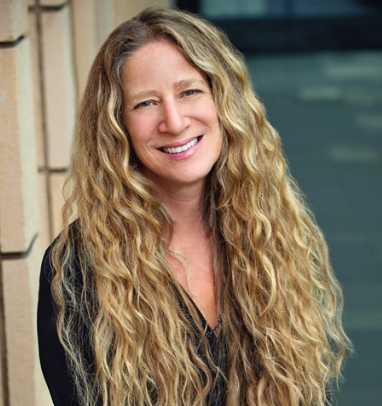About the Authors
 Debi Khasnabis teaches courses in multicultural and multilingual education in elementary teacher education and is the chair of Elementary Teacher Education at the University of Michigan School of Education. She conducts research on pedagogies of teacher education that support the development of culturally responsive teaching. Dr. Khasnabis has designed professional development opportunities for practicing teachers across southeast Michigan on the topics of homelessness and schools, anti-bias education, trauma-informed practice, culturally responsive teaching, family outreach, and multilingual learners.
Debi Khasnabis teaches courses in multicultural and multilingual education in elementary teacher education and is the chair of Elementary Teacher Education at the University of Michigan School of Education. She conducts research on pedagogies of teacher education that support the development of culturally responsive teaching. Dr. Khasnabis has designed professional development opportunities for practicing teachers across southeast Michigan on the topics of homelessness and schools, anti-bias education, trauma-informed practice, culturally responsive teaching, family outreach, and multilingual learners.
